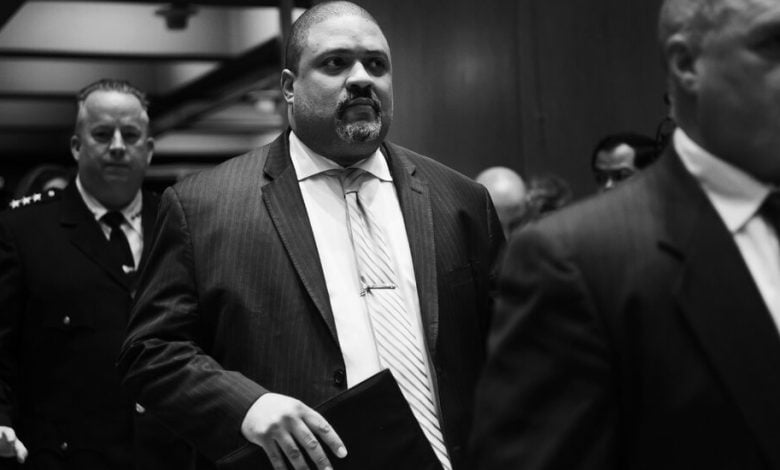There Is Much More at Stake in Trump’s Manhattan Case Than Just Hush Money

With Judge Juan Merchan’s proclamation last week that jury selection in the Manhattan prosecution of Donald Trump will begin on March 25, it is time for a reappraisal of the case. The charges brought by Alvin Bragg, the Manhattan district attorney, have been overshadowed by the three other criminal prosecutions of Mr. Trump, but the 34 felony counts constitute a strong case of election interference and fraud in the place where Mr. Trump lived and conducted business for decades.
Mr. Bragg will face tough challenges ahead, fueled by lingering skepticism that critics have harbored about the strength of the evidence and whether Mr. Trump has been unfairly targeted.
But we think he can overcome those hurdles, and by seeking to secure a conviction, reinforce the principle that in Manhattan — as across the country — playing by the rules is critical to the integrity of both our businesses and our democracy.
To understand why this case matters, think about a precedent — an earlier episode of an election-related felony and its cover-up. That was the Watergate scandal, which hung over Richard Nixon’s re-election campaign in 1972. Voters did not have the information then to make an informed decision about Mr. Nixon, partly because the criminal investigation and trials of “the Plumbers” had not concluded before the election and the majority of the evidence remained concealed. Because the investigation was unresolved, Mr. Nixon’s nefarious conduct worked — he was in the White House when the full revelations came out later, to devastating effect.
The salaciousness of the details in Mr. Trump’s case obscure what it is actually about — making covert payments to avoid losing an election, and then further concealing it. Indeed, that is how Mr. Bragg has described the case, that it is “about conspiring to corrupt a presidential election and then lying in New York business records to cover it up.”
It is entirely possible that the alleged election interference might have altered the outcome of the 2016 contest, which was decided by just under 80,000 votes in three states. Coming, as it might have, on the heels of the “Access Hollywood” disgrace, the effort to keep the scandal from voters may have saved Mr. Trump’s political prospects.
